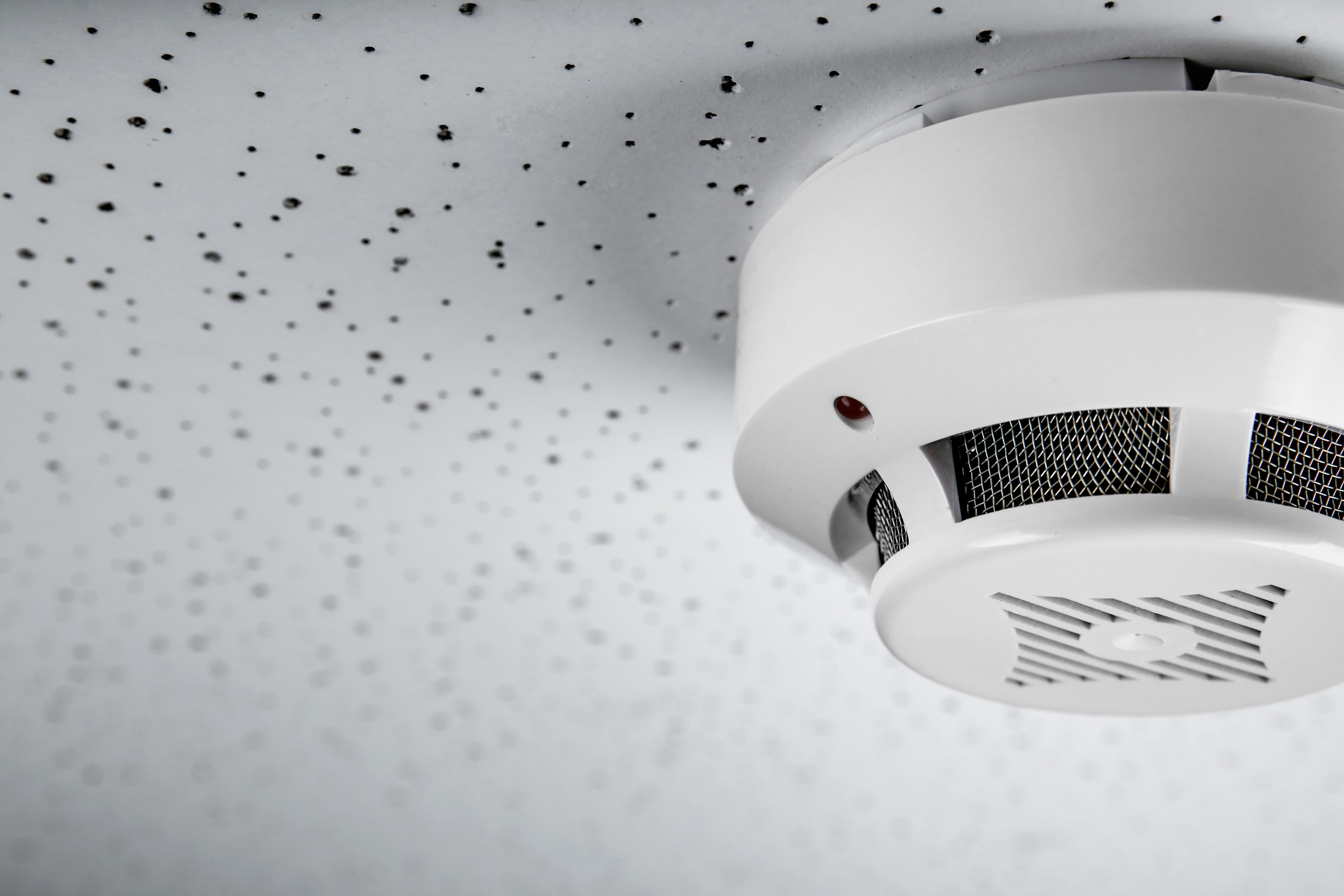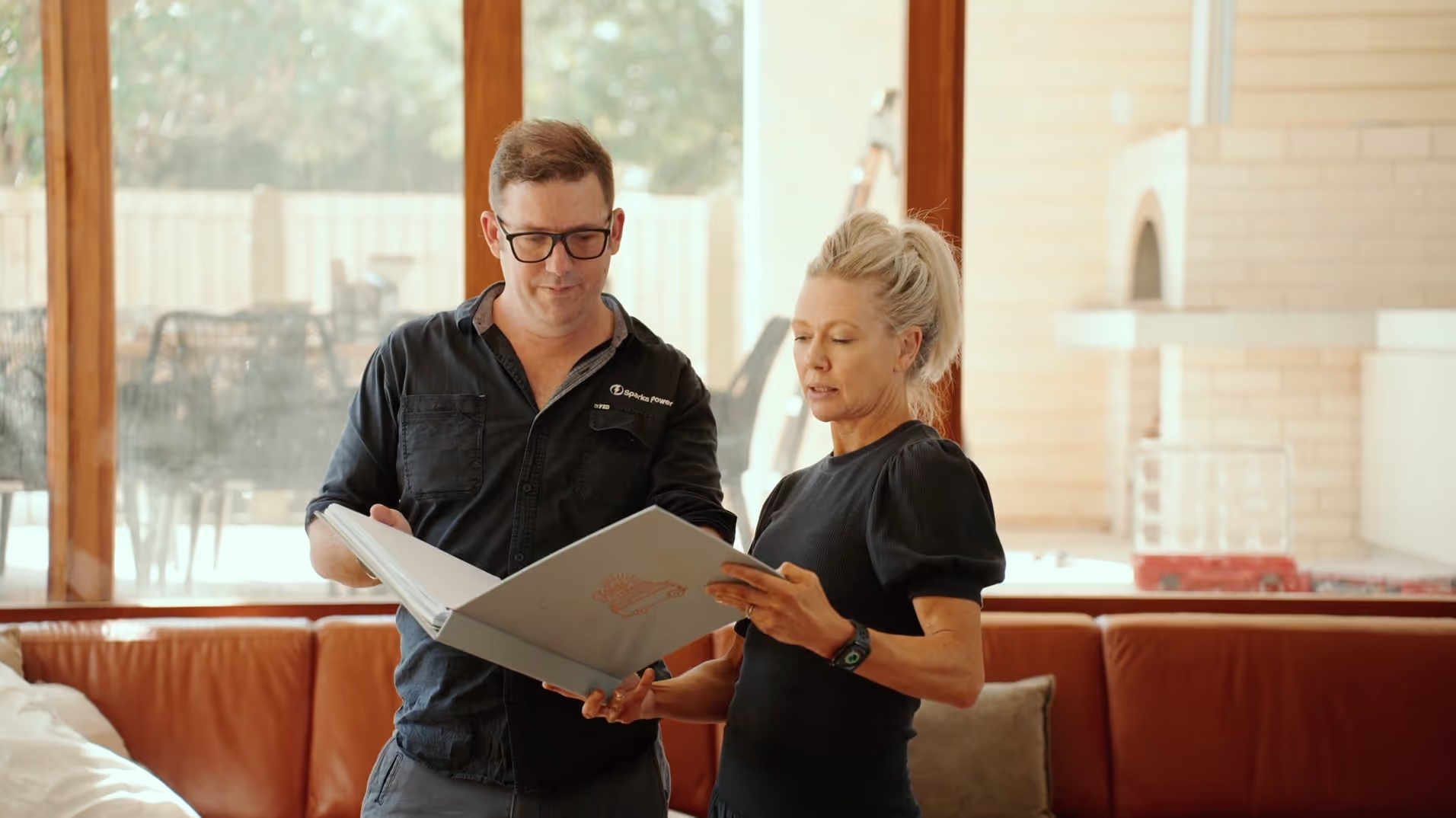Smoke alarm installation & compliance
Ensure your home meets Queensland's safety standards with Sparks Power's expert smoke alarm installation and compliance services. Our licensed electricians provide professional installation, testing, and maintenance to keep your home safe and compliant.

Helping you protect your home and loved ones by ensuring your smoke alarm system is compliant, functional, and up to date.
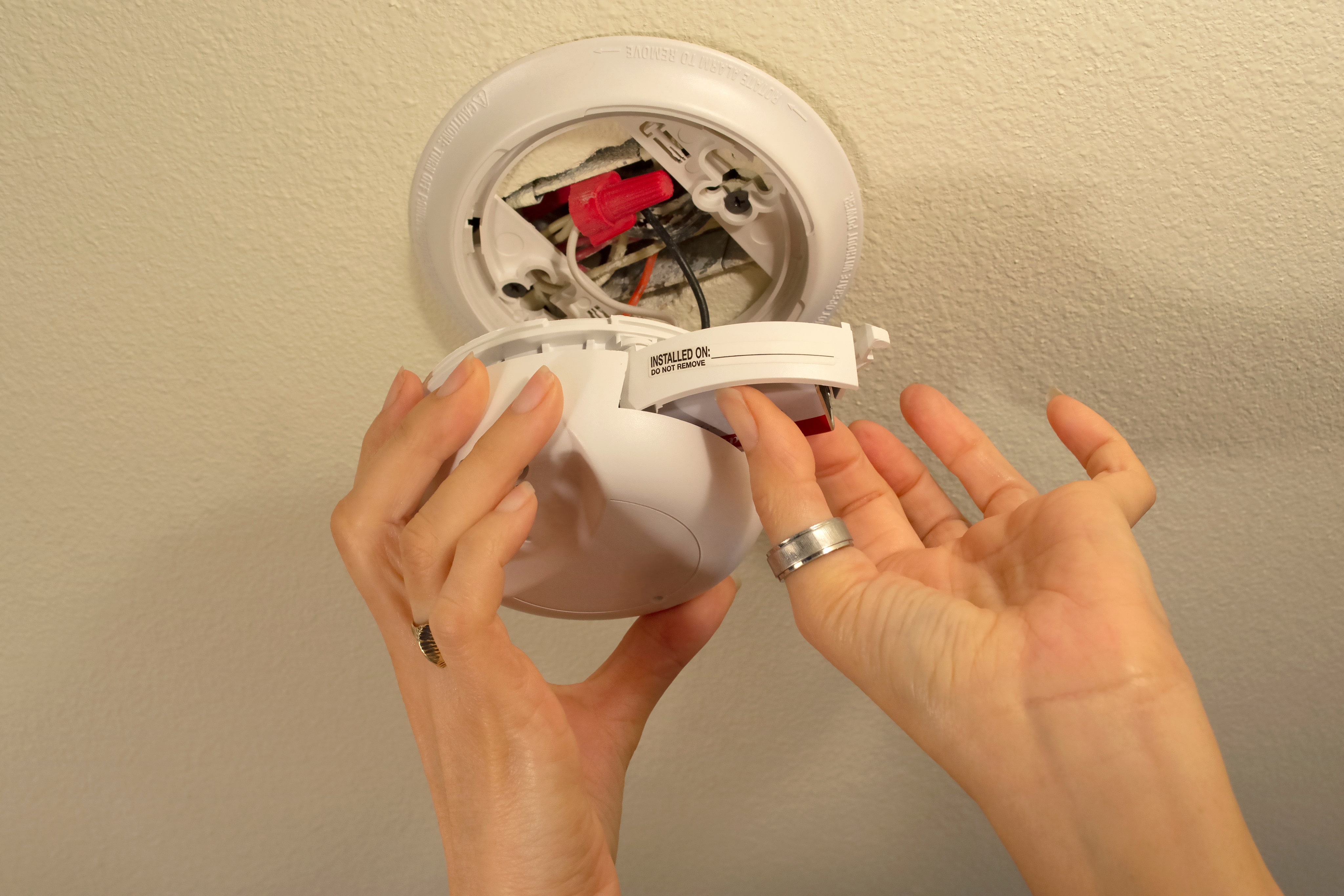
Smoke alarm installation
We install interconnected photoelectric smoke alarms in every bedroom, hallway, and on every level of your home, as required by Queensland legislation.
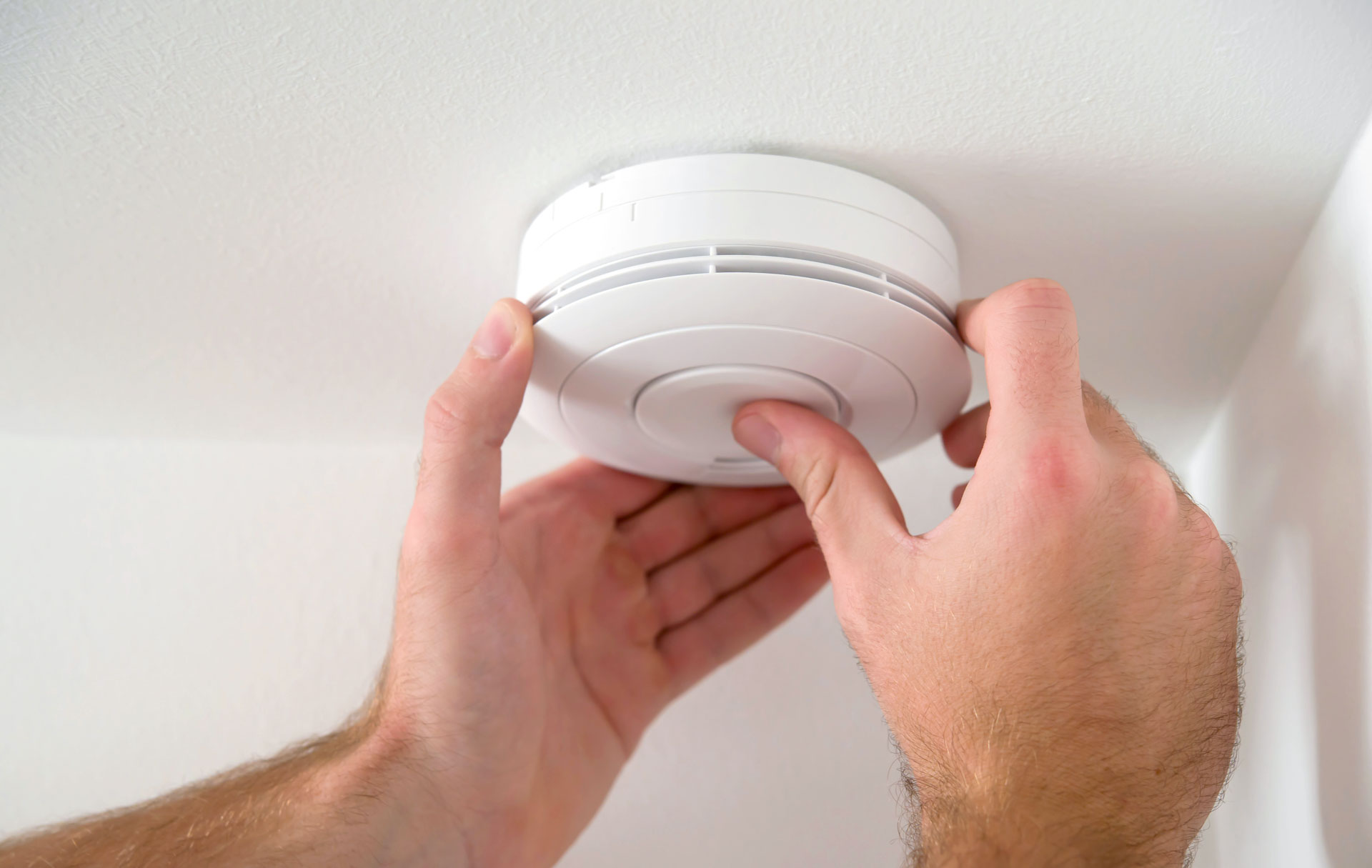
Smoke alarm testing & maintenance
Our team conducts thorough testing and maintenance of your smoke alarms to ensure they are functioning correctly and comply with safety standards.
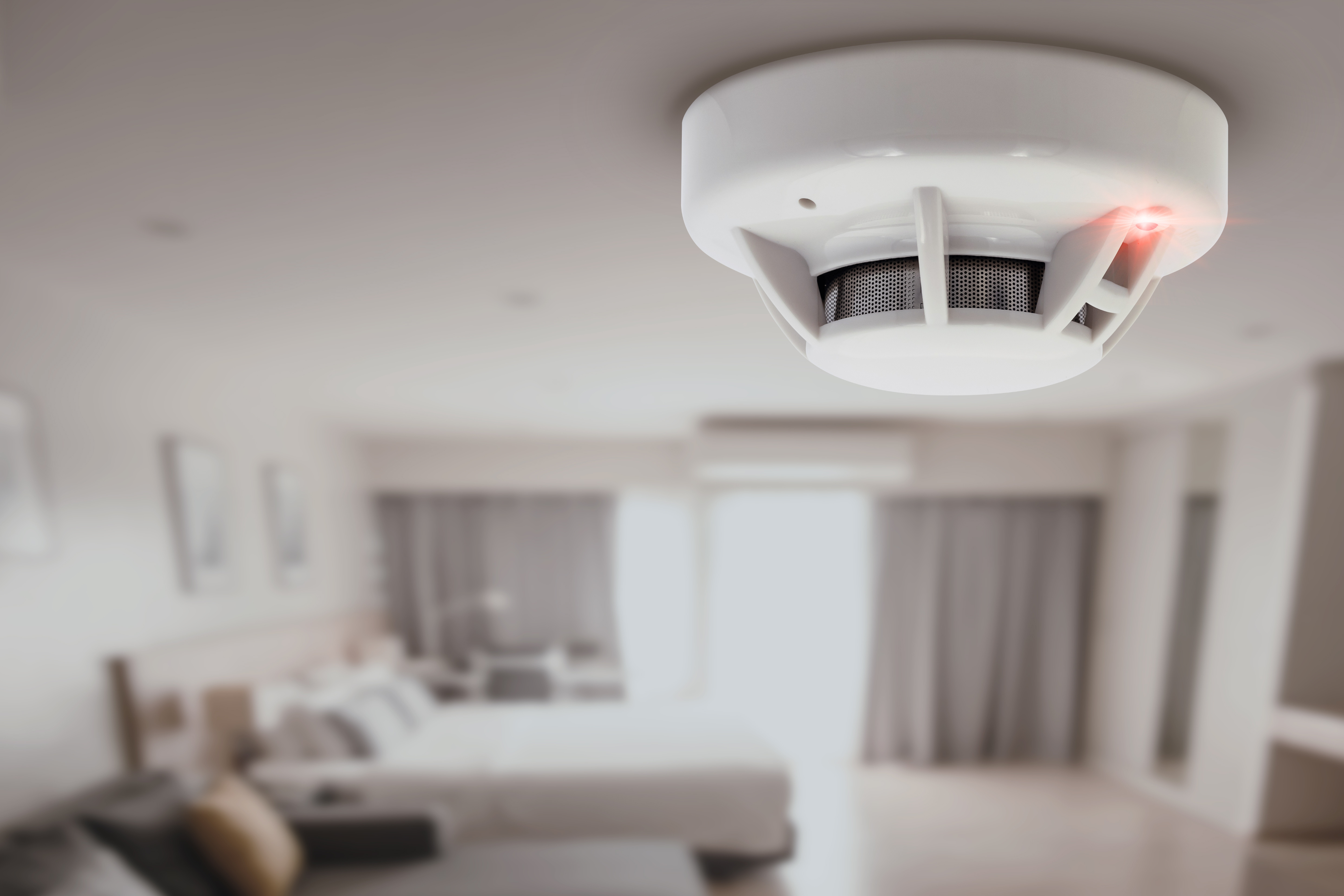
Smoke alarm upgrades
We replace outdated or non-compliant smoke alarms with modern, compliant units to meet current regulations and enhance safety.
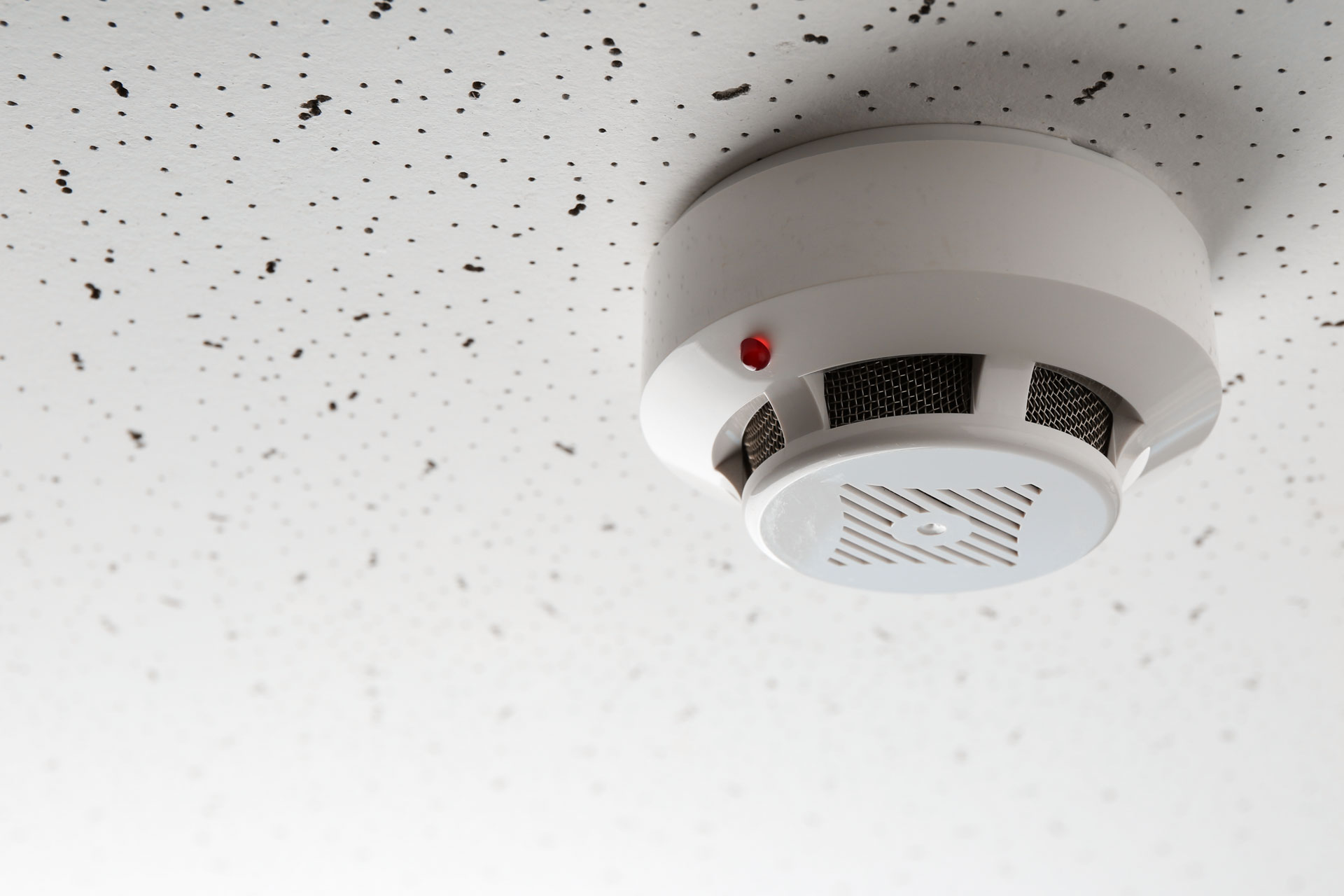
Compliance certification
We provide certification of compliance with Queensland's smoke alarm legislation, ensuring your property meets all legal requirements.
Every job is carried out by fully licensed Sparks Power electricians, never subcontractors, so you know the work meets strict safety standards.
23 years of proven experience
Over two decades in business, we have the knowledge to install and repair appliances correctly the first time.
Upfront pricing
Our quotes are clear and transparent, so you know exactly what to expect before we start.

Fast response times
We understand that appliance issues can disrupt your day. That's why we attend to all service calls promptly.
Reliable aftercare
We stand by our work. If you need advice or follow-up support, our team is here to help.
A clear, hassle-free process from start to finish
Request your free onsite quote
Get in touch with us to schedule an appointment. We'll assess your appliance needs and provide a free, no-obligation quote.
We arrive on time and prepared
Our licensed electricians show up when we say we will, equipped and ready to complete the job efficiently. We keep you informed every step of the way.
Expert service and quality work
We carry out the work with professionalism and care, ensuring all safety and compliance standards are met. Whether it’s installation, repair, or maintenance, we do it right.
Thorough testing and cleanup
Once the work is complete, we test everything to ensure it's working properly. Afterward, we clean up any mess, leaving your space tidy and ready to use.
Ongoing support
If you need further assistance or advice, we’re always available to help. We stand by our work and are here to offer ongoing support, should you need it.
We provide professional appliance installations and repairs across Brisbane and SEQ. We handle a wide range of appliances, ensuring each job is done safely and to the highest standard.



Queensland smoke alarm regulations
As of 1 January 2027, all homes in Queensland must comply with updated smoke alarm legislation to enhance fire safety. These regulations apply to all residential properties, including houses, townhouses, units, and apartments.
- Photoelectric alarms: Only photoelectric smoke alarms that comply with Australian Standard AS3786-2014 are permitted.
- Interconnected alarms: All smoke alarms must be interconnected, meaning if one alarm detects smoke, all alarms will sound simultaneously.
- Installation locations: Smoke alarms must be installed in every bedroom, in hallways connecting bedrooms, and on every level of the dwelling.
- Power source: Alarms must be hardwired to the mains power supply or powered by a non-removable 10-year battery.
- Age of alarms: Smoke alarms must be less than 10 years old and operate when tested.
Compliance checks for renting or selling:
- For properties being sold or leased, the seller or lessor must provide a Form 24 to the Queensland Land Registry Office, certifying that compliant smoke alarms are installed.
- Buyers or tenants can request a licensed electrician to verify compliance before settlement or lease commencement.

We recommend Chef and Westinghouse, not only due to their longevity, but sourcing spare parts is available locally, universal parts are accessible, and prices are generally cheaper.
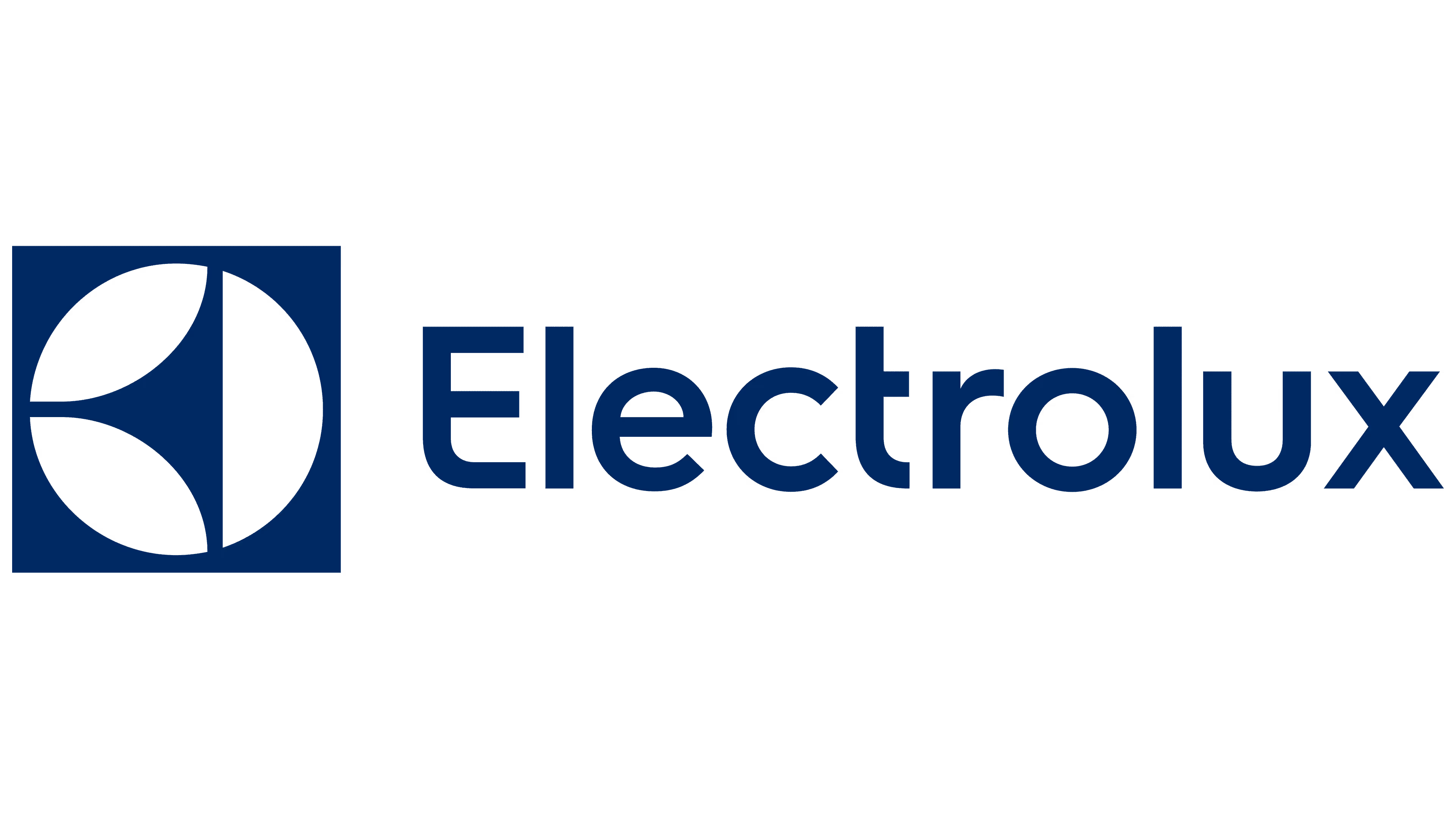


Customer testimonials
View all Google reviewsFAQs
As of January 1, 2027, all homes in Queensland must have interconnected photoelectric smoke alarms installed in every bedroom, hallway, and on every level of the dwelling.
- Existing smoke alarms manufactured more than 10 years ago must be replaced with photoelectric smoke alarms which comply with Australian Standards (AS) 3786-2014. (Note: the date should be stamped on the back)
- Smoke alarms that do not operate when tested must be replaced immediately.
- If they are replaced they must be replaced with AS3786-2014 compliant photoelectric smoke alarms and powered by what is currently there (i.e. if they are powered by 240-volt they must be replaced with 240-volt smoke detectors, otherwise they can be powered by 10 year non-removable batteries)
- From 1 Jan 2027, all smoke alarms are required to be interconnected and installed in the following locations:
- On each storey
- In each bedroom
- In hallways that connect bedrooms and the rest of the dwelling
- If there is no hallway, between the bedroom and other parts of the storey; and
- If there are no bedrooms on a story, at least one smoke alarm must be installed in the most likely path of travel to exit the dwelling.
- From Jan 1 2022, All homes or units being sold will require hardwired photoelectric, interconnected smoke alarms.
- Smoke alarms in the dwelling must:
- be photoelectric (AS3786-2014); and
- not also contain an ionisation sensor; and
- Be hardwired to the mains power supply, if currently hardwired. Otherwise, smoke alarms can be either hardwired or powered by a non removable 10 yr battery or a combination of both.
- be interconnected with every other smoke alarm in the dwelling so all activate together.
- The new legislation requires smoke alarms to be installed in the following locations
- On each storey
- In each bedroom
- In hallways that connect bedrooms and the rest of the dwelling
- If there is no hallway, between the bedroom and other parts of the storey; and
- If there are no bedrooms on a story, at least one smoke alarm must be installed in the most likely path of travel to exit the dwelling.
As part of a building approval process, requiring a Building Certifier, all new homes and renovations should have the required smoke alarms installed and a form 16 supplied by your electrician
From 1 January 2017 for all new and substantially renovated homesFrom 1 January 2022 for dwellings being leased, re-leased or sold.From 1 January 2027 for all other dwellings.The smoke alarms installed after these dates will be required to be powered by either hard-wired 240-volt or 10-year non-removable 10 year battery and be interconnected by either wired or wirelessly to all other required smoke alarms in the dwelling. All smoke alarms that are required by legislation must be AS3786–2014 compliant smoke alarms.
- A wireless smoke alarm uses wireless radio frequency (RF) transmissions to interconnect up to 40 smoke alarms depending on the model. It enables smoke alarms to be connected to each other without the need for cabling between the alarms.
- At the time of installation these smoke alarms wirelessly connect to each other, much the same way as you would ‘pair’ Bluetooth devices.
The new legislation requires smoke alarms to be installed in the following locations if you are building or doing a substancial renovation, or if a landlord replacing smoke alarms in there rental property. As of Jan 1 2022 this will also apply to those selling/buying property and all rental properties:
- On each storey
- In each bedroom
- In hallways that connect bedrooms and the rest of the dwelling
- If there is no hallway, between the bedroom and other parts of the storey; and
- If there are no bedrooms on a story, at least one smoke alarm must be installed in the most likely path of travel to exit the dwelling.
Photoelectric
* These alarms work using a photoelectric sensor and a light source. As smoke enters the chamber and crosses the path of the light beam, light is scattered by the smoke particles, aiming it toward the sensor, which in turn triggers the alarm.Interconnected:
* Most mains-powered and some battery-powered alarms can be connected to each other, so that if one goes off, so do the rest, helping ensure that everyone in the home is alerted as soon as possible
* In an interconnected installation, all interconnected alarms should sound when the test feature on any one of the interconnected alarms is activated. If no alarm sounds, check the fuse or circuit breaker supplying power to the alarm circuit
- All new constructions and major renovations require hardwired 240-volt smoke alarms.
- An existing dwelling with 240-volt smoke alarms must replace them when required with 240-volt photoelectric type smoke alarms.
- An existing dwelling with battery operated smoke alarms may replace them when required with battery operated photoelectric type smoke alarms that meet the Australian Standard 3786–2014.
- From 1 January 2022 for dwellings being leased/released or sold, or 1 January 2027 for all other dwellings, all battery operated smoke alarms must be 10-year non-removable battery smoke alarms.
Still have questions?
Give us a call or send a message. We’re here to help.

